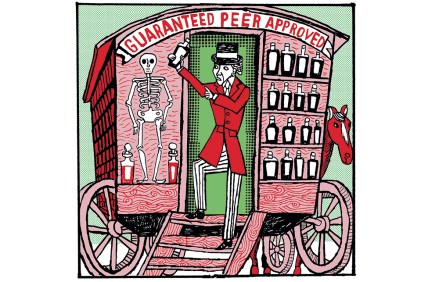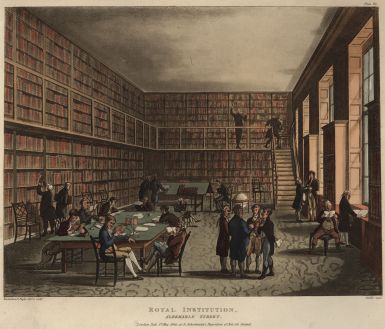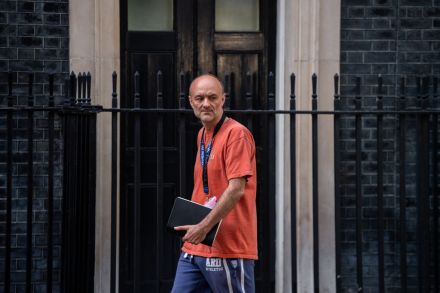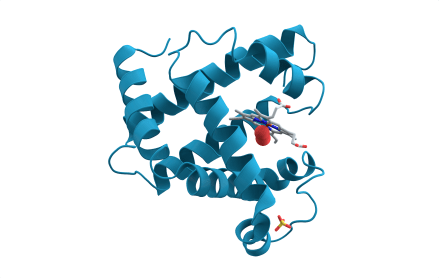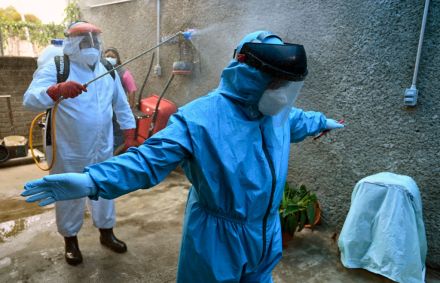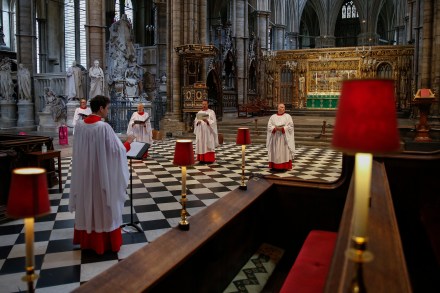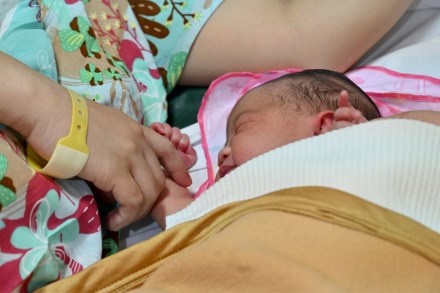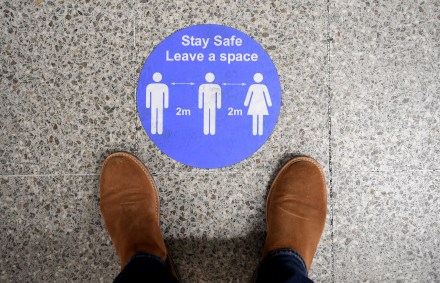Science fiction: the crisis in research
The president of Stanford University, the neuroscientist Marc Tessier-Lavigne, has announced his resignation following an investigation into allegations of fraud and fabrication in three of his lab’s scientific papers, including one cited as the most important result on Alzheimer’s disease in 20 years. The report exonerated him of committing the fraud but found he had failed to correct the errors once they were brought to his attention. The pandemic provided a glimpse of how far scientists will go to bend conclusions to a preferred narrative The vast majority of scientists are honest, but recent years have seen many cases of scientific misconduct come to the surface, implying there is a
